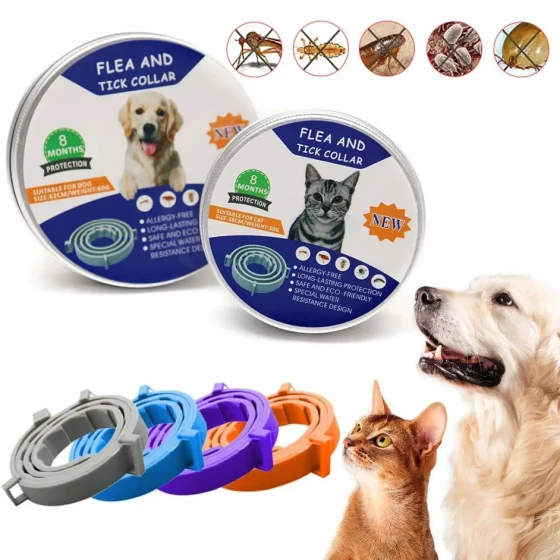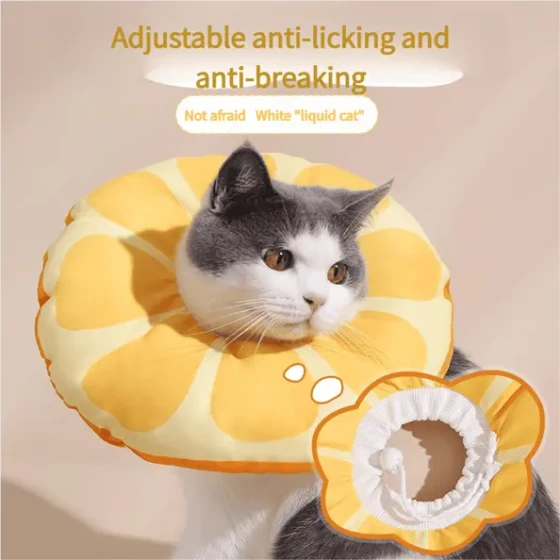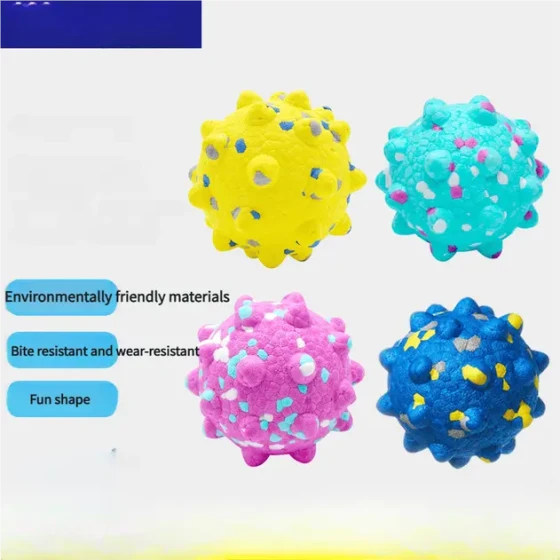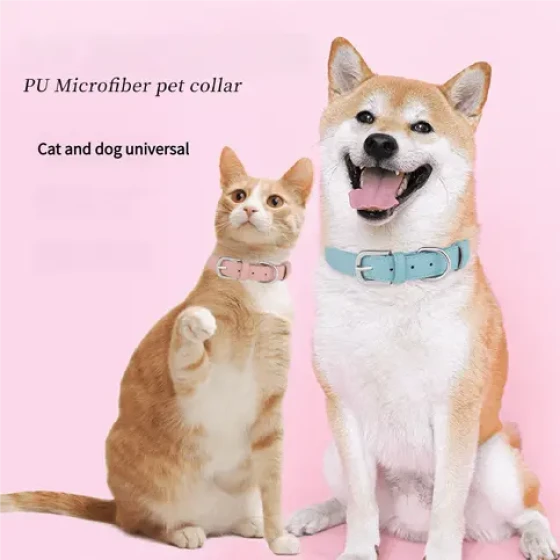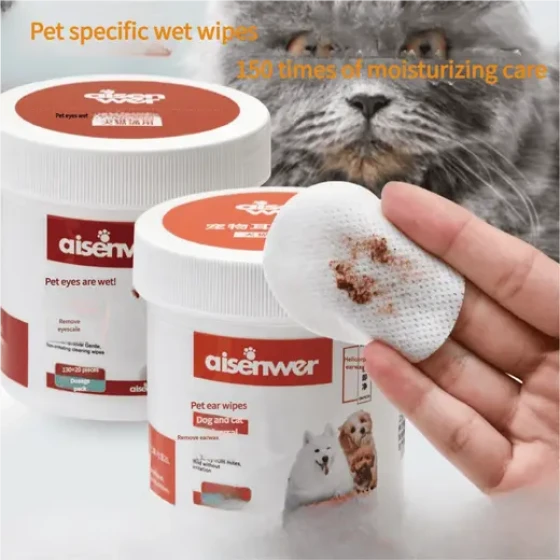Black Dirt on Kitten's Nose, Pay Attention to Identify These Situations
Kittens are relatively gentle pets, with soft fur that feels very comfortable to the touch. In daily life, they are always obedient and lovely, sometimes often acting coquettishly and cutely with their owners, bringing a lot of joy to their lives and companionship to lonely days. Therefore, raising kittens is also a spiritual support in our lives. Since they have become a small family member, we need to take care of the trivial matters in life. However, if you often see black dirt on your kitten's nose, how should it be handled?
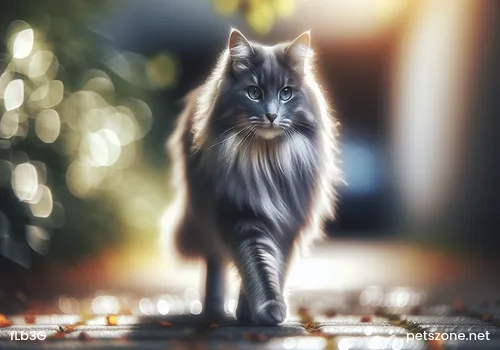
There are two situations when a kitten has black dirt on its nose. One is due to physiological reasons, and the other is because of symptoms of feline rhinotracheitis or accidental contact with dust outside.
The physiological reason is that the kitten's nose naturally has some blackness.
Because of the kitten's characteristics, its nose and mouth are very close. In daily life, when kittens eat some food, they can easily get food residue on their nose. Over time, after this dirt dries, black dirt will form on the nose.
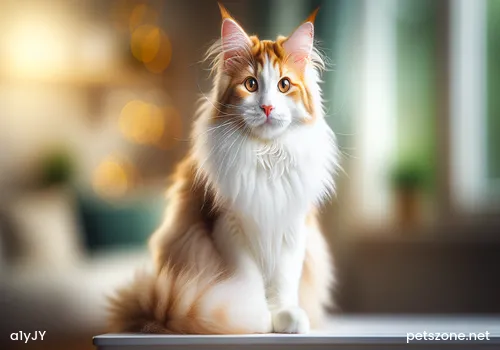
Therefore, in daily life, we must pay attention to the kitten's personal hygiene. We can use some warm water, and while the kitten is asleep, hold it gently in your arms and softly wipe its nose with a cotton swab. Gradually, the black dirt will disappear. Just pay attention to the kitten's hygiene in daily life.
Because if the kitten is sick with feline rhinotracheitis, it will also develop black dirt on its nose. When kittens have feline rhinotracheitis symptoms, they often have thick nasal discharge. Long-term accumulation forms black nasal dirt, which is one of the complications of feline rhinotracheitis. So in daily life, we need to pay attention. In severe cases, kittens may have symptoms such as fever, sneezing, and runny nose. For such situations, we need to take the kitten to the vet promptly for injections, first to reduce the fever. For the runny nose and sneezing symptoms, we need to feed the kitten some lysine or mix lysine into their food, which can be very effective. If the condition is severe, amoxicillin can be given to the kitten.
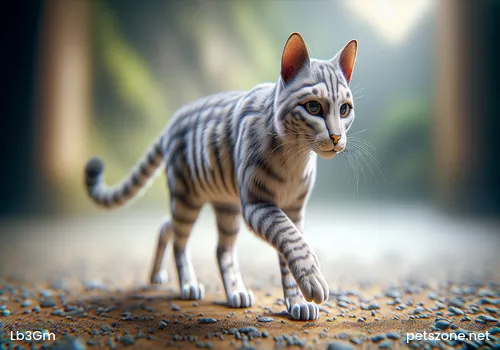
In the case of purulent nasal discharge, we must clean it frequently and promptly. Afterwards, applying Taichu eye drops can also help relieve the symptoms.
For kittens suffering from feline rhinotracheitis, we need to disinfect some of their daily supplies with 84 disinfectant, and also disinfect and clean their living spaces, placing them under sunlight for sterilization. This disease is contagious, so try to isolate the kitten.
When caring for kittens, we must carefully observe whether the black dirt on the nose is caused by normal physiological reasons or pathological causes, detect it in time, and treat it promptly. Also, pay attention to keeping the kitten's living environment clean and hygienic, ensure a healthy diet, and avoid other infections that can affect their health.
